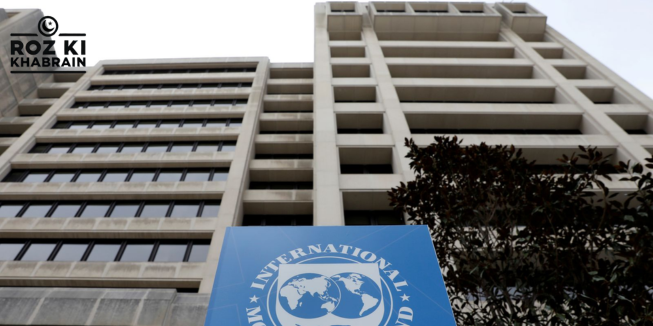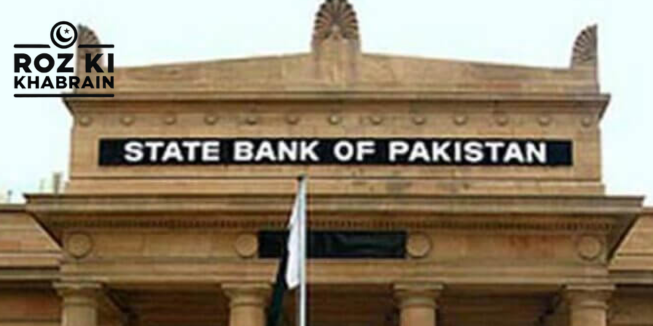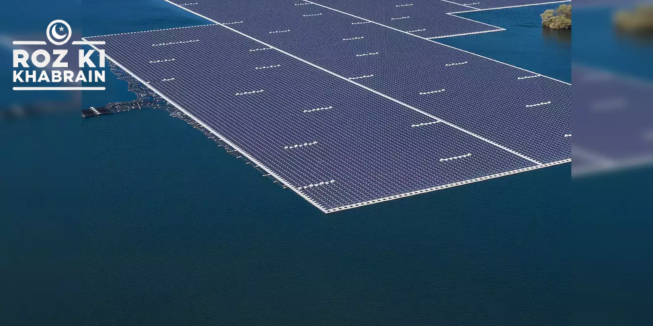The Punjab Assembly swiftly passed a law this week after committing to do so, which then prompted Sindh to consider its own approval. Meanwhile, the IMF has requested Pakistan to disclose idle capacity payments made to power plants over the past five years. This data will help assess the impact of the government’s push to renegotiate energy contracts on electricity prices. The IMF seeks both past and projected data on these payments for the current fiscal year, according to Pakistani sources.
In line with these reforms, the IMF emphasized renegotiating Power Purchase Agreements (PPAs) to help reduce electricity costs for consumers. The government has already canceled five energy purchase contracts and is currently reviewing 18 additional power plant agreements, focusing on plants established under the 1994 and 2002 policies, with significant savings anticipated if 2015 contracts are reconsidered.
Critics have voiced concerns over government support for bureaucrats allegedly collaborating with power plant owners. Last week, Muhammad Ali, Special Assistant to the Prime Minister on Power, informed a parliamentary committee that renegotiating or terminating Independent Power Producer (IPP) contracts could yield annual savings of up to Rs300 billion, potentially lowering tariffs by Rs2 to Rs3 per unit. Currently, residential electricity prices reach Rs51 per unit (excluding taxes), which, after taxes, can climb to Rs65-70 per unit. Idle capacity charges constitute Rs18.5 of the Rs51 cost, while Rs16 is collected through cross-subsidies from high-consumption consumers to offer cheaper rates to those using up to 200 units. Eliminating these cross-subsidies could deliver benefits eight times greater than renegotiating energy deals.
Agriculture Income Tax Increases and Provincial Coordination
The IMF also held discussions with provincial governments to assess provincial finances and the progress of increasing agriculture income tax to 45%. The Punjab Assembly passed the agriculture income tax law, with Balochistan expected to follow. Khyber Pakhtunkhwa’s cabinet has endorsed the law, but K-P’s Assembly will proceed only after Sindh gives its approval. Sindh has indicated its decision is contingent on Punjab’s enactment of the law, though concerns remain over the proposed 45% rate.
A draft bill reviewed by The Express Tribune reveals that provinces are prepared to raise agriculture income taxes to 45% and implement a super tax of up to 10% on high-income landowners. Penalties for non-compliance will increase, with fines rising from 25% to 50% of the outstanding amount. According to IMF documents, each province is expected to amend its tax laws by October to align with federal income tax standards, allowing taxation to begin January 1, 2025, though this deadline has already been missed.
The draft law suggests a 20% income tax rate for small companies and 29% for standard companies. Proposed tax brackets for individuals indicate that farmers earning Rs600,000 to Rs1.2 million annually would be taxed at 15%, escalating to 45% for incomes above Rs5.6 million. Landowners with annual incomes between Rs150 million and Rs500 million would face a 1% to 10% super tax. Additionally, landowners would pay Rs500 to Rs3,500 per acre in taxes based on land ownership.




